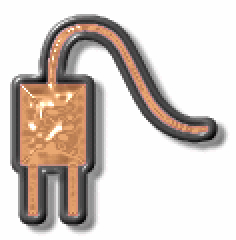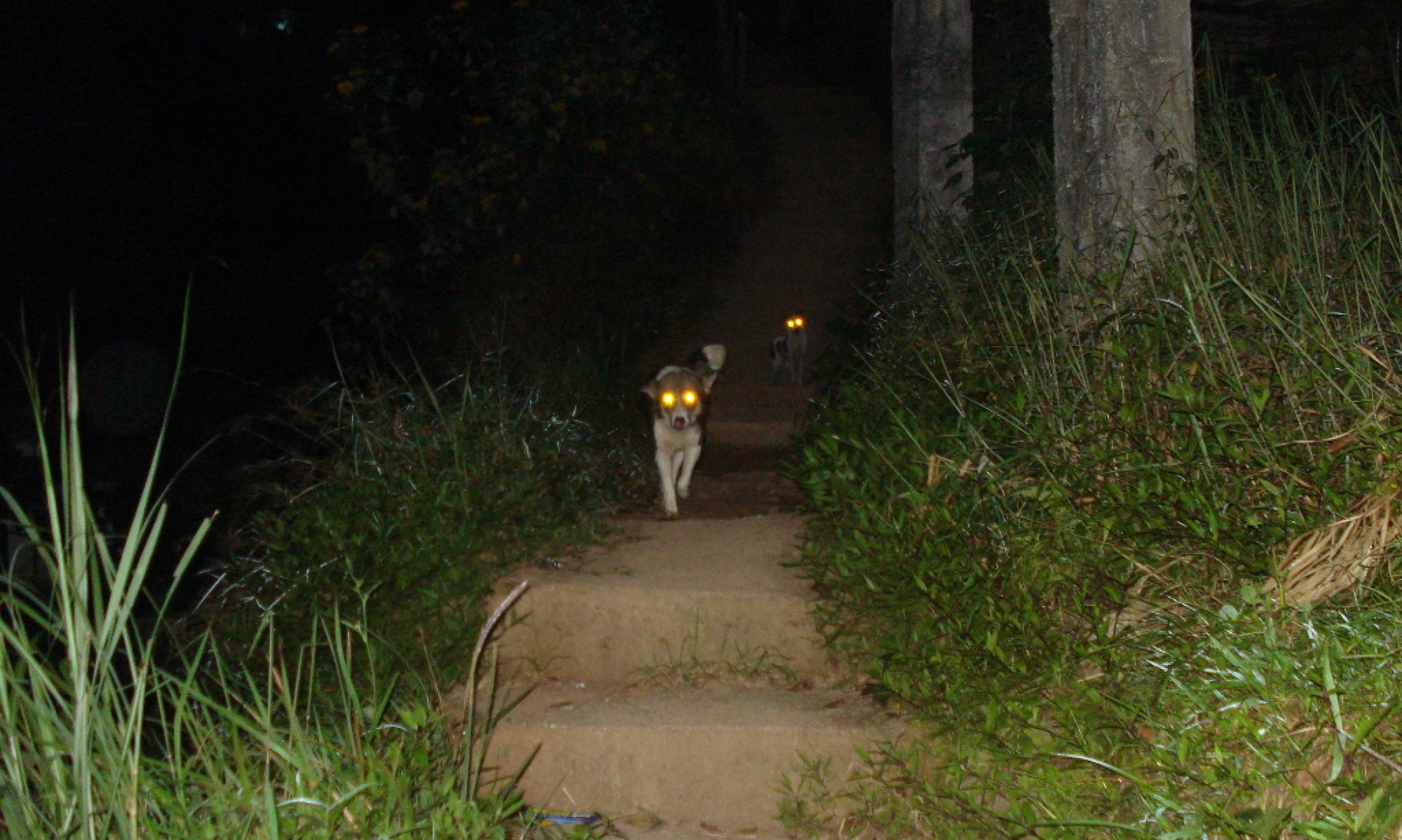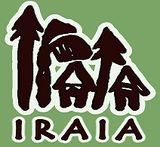
I’ve been reading and hearing a lot of philosophical analyses and streetwise observations about Facebook—many of them excellent insights but a few mediocre ones too. Twenty years ago the talk was about the Internet itself. Then 10 years ago it was about the explosive growth of the Web. Now everyone’s trying to define social media, especially Facebook.
I think the simplest way to describe Facebook is in terms of road systems. Think of the Internet as a network of roads, originally designed for quick military deployment but soon expanded to accommodate all kinds of civilian use. Now think of the World Wide Web as an immense assortment of useful (and some not so useful) structures—sidewalks, benches, stalls, stores, markets, supermalls, skyscrapers, parks, parking lots, billboards, office and apartment buildings—that proliferated along the more accessible parts of this road system. It’s still based on the underlying road system, but it’s now a fast-growing city.
Finally, think of Facebook as one huge promenade area of interconnected mini-parks, something like a long chain of Central Parks or Greenbelts snaking around the city, with benches and pathways and display booths and food carts and playgrounds and shortcuts (or detours, depending on how you look at it) to other parts of the city.
It’s where many city residents have been gathering a lot lately, in their free time—whether to catch up on gossip, exchange tidbits of news, see what others are having for lunch, check out each other’s hairstyle, engage in some side business, pan-handle, meet new friends, do stand-up comedy, agitate for revolution, prowl and prey on the unsuspecting, catch a thief, assassinate the mayor, track a detective’s target, conduct a quick survey, get votes, do the whoopie behind the bushes, get caught doing the whoopie behind the bushes, dump your lover because you caught him doing the whoopie behind the bushes, or just quietly sit on a bench and watch the world go by on a lazy Sunday morning.
So when some people describe FB as incredibly useful, or incomparably evil, or a hopeless waste of time, or the CIA’s dream come true, or in some other morally judgmental way, I don’t debate them. I simply remind myself: “Let everyone check for themselves. It’s the fabled elephant and the five blind men of Hindustan. It’s a bird! No, it’s a plane! No, it’s Superman!”
For me, the Internet is a road system. You could choose to travel on it, or hike cross-country instead. The Web is the citified sprawl that grew alongside the roads. You could choose to live in it, even do business in it, or just be an occasional transient. And finally, Facebook is simply a giant city promenade built by a dreamy digital architect who tapped into people’s deep-seated need to socialize. People now come in swarms and are encouraged to display swarm behavior. It’s your choice: Join a swarm, create your own, or don’t.
I mean, at the end of the day—or even at any time of day—people can decide to either show up or not, drop by for a minute or stay up overnight, once in a blue moon or day after day. It doesn’t, and shouldn’t, define your life. It’s just there, pulsing like some irresistible alien carnival ride. Take a seat, or take it down if you can, or take a walk elsewhere. # Follow @junverzola

